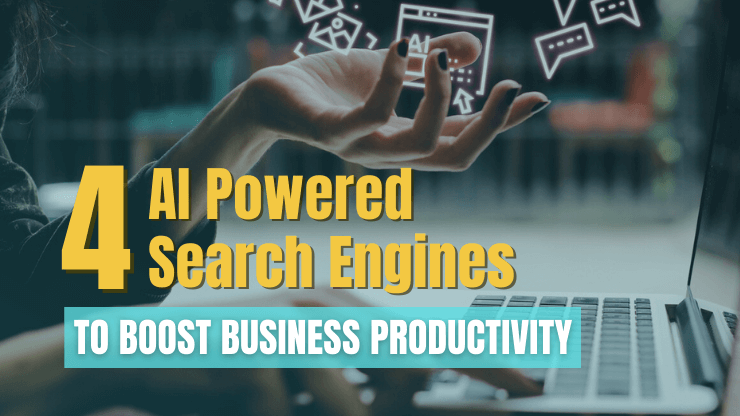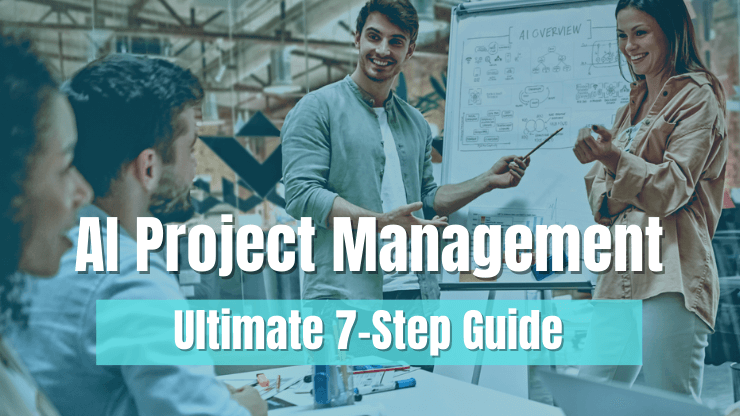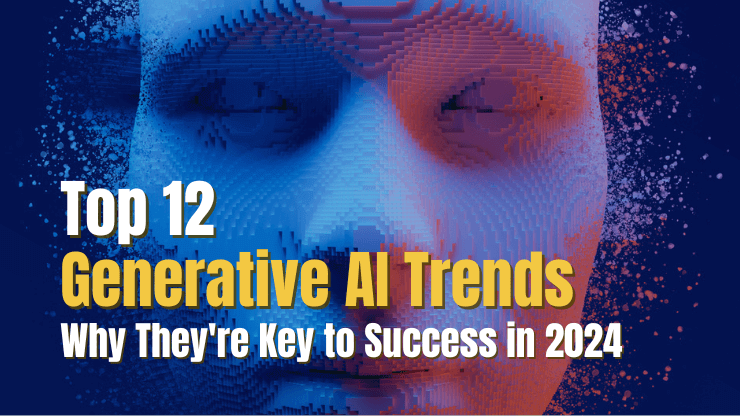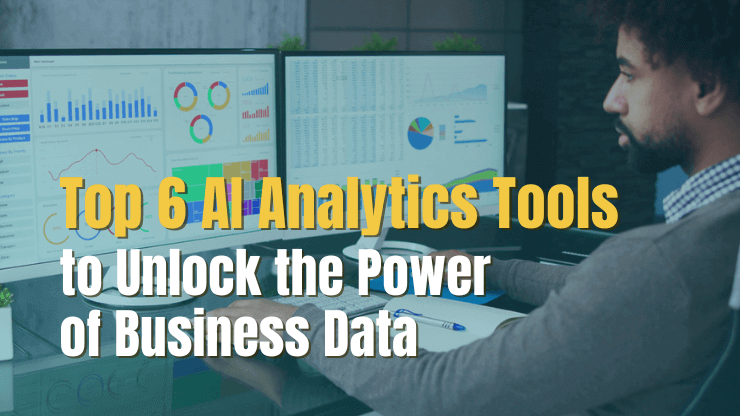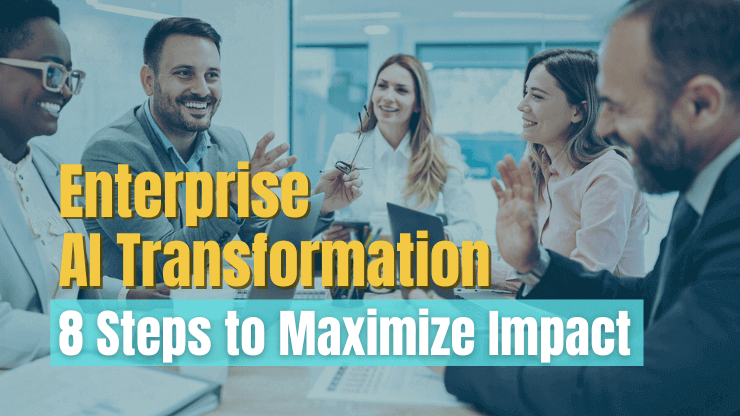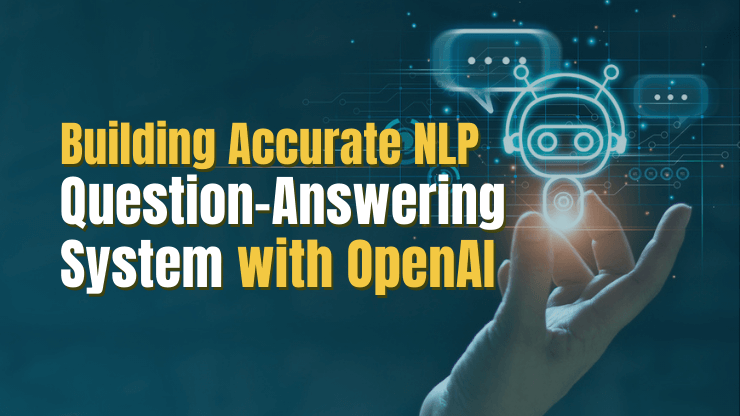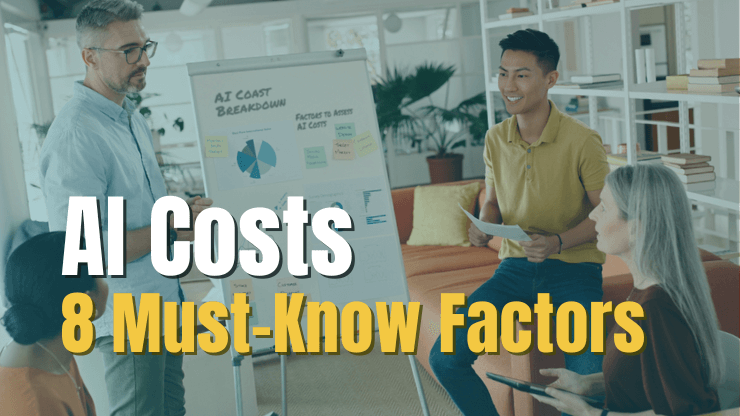AI-powered search engines are redefining the way businesses discover and interact with online information. Harnessing the power of advanced algorithms and innovative features, these engines offer result summarization, interactive chatbots, and personalized compositions to elevate the search experience to a new level.
This article explores how these AI-based search engines can drive productivity, enhance efficiency, and catalyze overall business process improvements. We will delve into the specifics of how these tools work, showcasing a detailed analysis of some of the leading options available in today's market. Our aim is to provide insights that can guide your journey in integrating these potent technologies into your business processes.
Why should businesses use AI powered search engines?
As we dive into the capabilities and the practicalities of these AI search engines, it's important to understand the range of benefits that these technologies can offer over traditional search engines. Let’s take a look at some of the key benefits businesses can seek to gain when integrating AI powered search into their workflows:
- Enhanced search efficiency: AI powered search engines employ advanced machine learning and natural language processing algorithms to not only understand the context and semantic meaning of search queries (i.e. semantic search) but also to produce more relevant results - and often - a concise summary of the results. This feature allows users to quickly access the most relevant information without having to go through countless web pages.
- Personalized query assistance: Interactive chatbots embedded in search engines are another key feature that can benefit businesses. These chatbots can engage users in a two-way conversation, understand their queries in a contextual manner, and provide accurate responses or resources. This personalized query assistance can lead to a better user experience, enabling employees to get the exact information they need, and can even be used for customer service, sales, and other business functions.
- Streamlined content creation: The application of AI in search engines is not limited to finding and summarizing information. Some advanced search engines now offer features like automatic composition generation based on search results. This can be incredibly beneficial for tasks such as drafting emails, writing reports, or creating content for marketing.
- Improved decision making: The ability of AI-powered search engines to rapidly sift through vast amounts of data and extract meaningful insights can greatly enhance decision-making processes within a business. By providing reliable and precise information, these search engines can support strategic business decisions, market research, competitive analysis, and more.
Top 4 AI Powered Search Engines to Boost Business Productivity
As advancements in AI technology surge ahead, AI-powered search engines are keeping pace, continuously evolving and bringing forth new features to enrich user experiences. Navigating this rapidly changing landscape, AI in business need to remain adaptable, ready to harness these technological shifts to their advantage.
Understanding that as these tools advance, the strategies around their use may also need to evolve, is a crucial aspect of leveraging these AI-driven solutions effectively. So with that in mind, let's delve into exploring the top 4 leading AI-powered search engines that can significantly boost your business productivity.
Bing AI Powered Search Engine
AI-powered search engine that combines OpenAI language models and Microsoft's proprietary Prometheus model to deliver relevant search experiences, more complete answers, and an interactive chat experience.

What you need to know:
- In search, a user will see a combination of traditional search results along with related queries, frequently asked questions, and a list of relevant links
- "Actions" feature in Bing Chat and Edge browser helps you complete tasks without having to navigate back and forth between sites
- Chat, Compose, and Insights tools are built directly into the Bing Edge experience and can help teams draft business emails, gather insights about relevant topics, and get more comprehensive answers
Google’s Search Generative Experience (SGE)
AI system built right into the Google search experience that provides an “AI snapshot” at the top of search results.

What you need to know:
- AI snapshot is generated by large language models and contains summaries, related queries, frequently asked questions, and a list of links to related websites
- AI snapshot appears when Google's algorithms think it's more useful than traditional, personalized results
- Powered by some of Google's most advanced LLM work, including a new general-purpose model called PaLM 2 and the Multitask Unified Model (MUM)
Algolia
Artificial intelligence-powered search and discovery platform that helps businesses create fast, relevant, and personalized search experiences for their users.

What you need to know:
- Uses natural language processing, neural hashing, and adaptive learning to understand user intent and deliver accurate results in milliseconds
- Provides enterprises a scalable, secure, and reliable platform with SLA for enterprise customers, and SSO, SAML, SOC2, SOC3, ISO27001 & HIPAA compliance.
- Offers APIs and extensive developer documentation, code exchange, and integrations
Perplexity AI
Web crawler that uses machine learning to generate general answers to queries and then offer a series of website links of relevant sources.
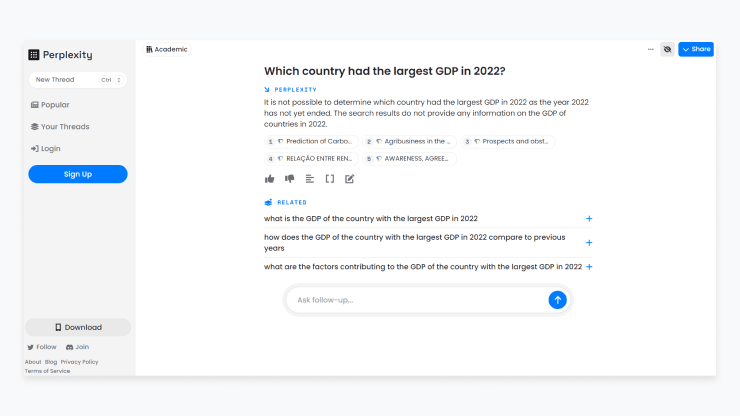
What you need to know:
- Built using the same model as Chat GPT (GPT-3)
- Can answer questions (and follow up questions) on various topics, such as sports, science, and history as well as generate creative content, such as poems, stories, summaries, and lyrics
What can businesses use AI powered search engines for?

Businesses are increasingly harnessing the potential of Artificial Intelligence (AI) to augment their search engine capabilities, enhancing user experience and expediting decision-making. As we’ve seen, these AI-powered search engines can provide quick, relevant, and highly accurate results that adapt to user preferences and behavior. Here are a few examples of how businesses can leverage AI-powered search engines:
- Accelerating information retrieval: AI-powered search engines can provide relevant search results, related queries, frequently asked questions, and a list of relevant links all in one place. This ability to provide a more “complete answer” makes the search experience much more efficient and comprehensive, reducing the time it takes to find the desired information.
- Streamlining routine tasks: Features like Bing Chat's "Actions" in Edge browser allow users to complete tasks without having to navigate between multiple websites. This can significantly increase productivity and save time on routine continent creation tasks.
- Enhancing business communications: Built-in tools in Bing Edge like Chat, Compose, and Insights help in drafting business emails, gathering insights on relevant topics, and getting more comprehensive answers. This can improve communication and decision-making within businesses.
- Promoting information traceability: Businesses that prioritize transparency can use AI tools like the web crawler that offers a series of website links as sources for its answers. This ensures traceability and allows users to verify the source of information.
What are the best practices for using AI powered search tools?
Using AI-powered search engines can significantly enhance your search experience, providing accurate results quickly and efficiently. However, to make the most of these advanced tools, it's important to follow a few best practices:
- Create a strategic AI plan: Develop a strategic plan considering your objectives and how the capabilities of the AI search engine can contribute to achieving them. Understand the nuances of the tool and how it aligns with your larger information retrieval and analysis strategies.
- Set realistic expectations: No AI tool is perfect. Do not expect it to completely transform every workflow or double your productivity. Instead, think about how you can incrementally improve your business processes in a realistic way.
- Learn how to optimize search queries: Understanding how to effectively formulate search queries can significantly enhance your results (whether through text or voice search). This involves being clear and specific with your queries and understanding the type of language the AI is most receptive to.
- Stay up to date on new features: AI technology is constantly evolving. Keeping abreast of new features and updates to your AI search engine can help you make the most of its capabilities. The past two decades - and even the last few _months - _have shown us how quickly this tech can evolve.
- Use responsibly and ethically: Make sure to always use AI search engines responsibly. Any data engineering used or gathered should align with privacy and ethical guidelines, as well as applicable laws and regulations. Utilize the tool in a way that respects user confidentiality and upholds your organization's ethical standards.
Conclusion
It's clear that the future of business productivity lies in effectively leveraging the capabilities of AI, and these search engines are just the beginning.
If you're looking for help developing a custom AI solution, consider our AI development services. Our team can help you put together a comprehensive AI strategy and guide you through the development process. With our software development consulting services, you can leverage the power of existing AI models and tools to build a bespoke solution that meets the unique needs of your business.

